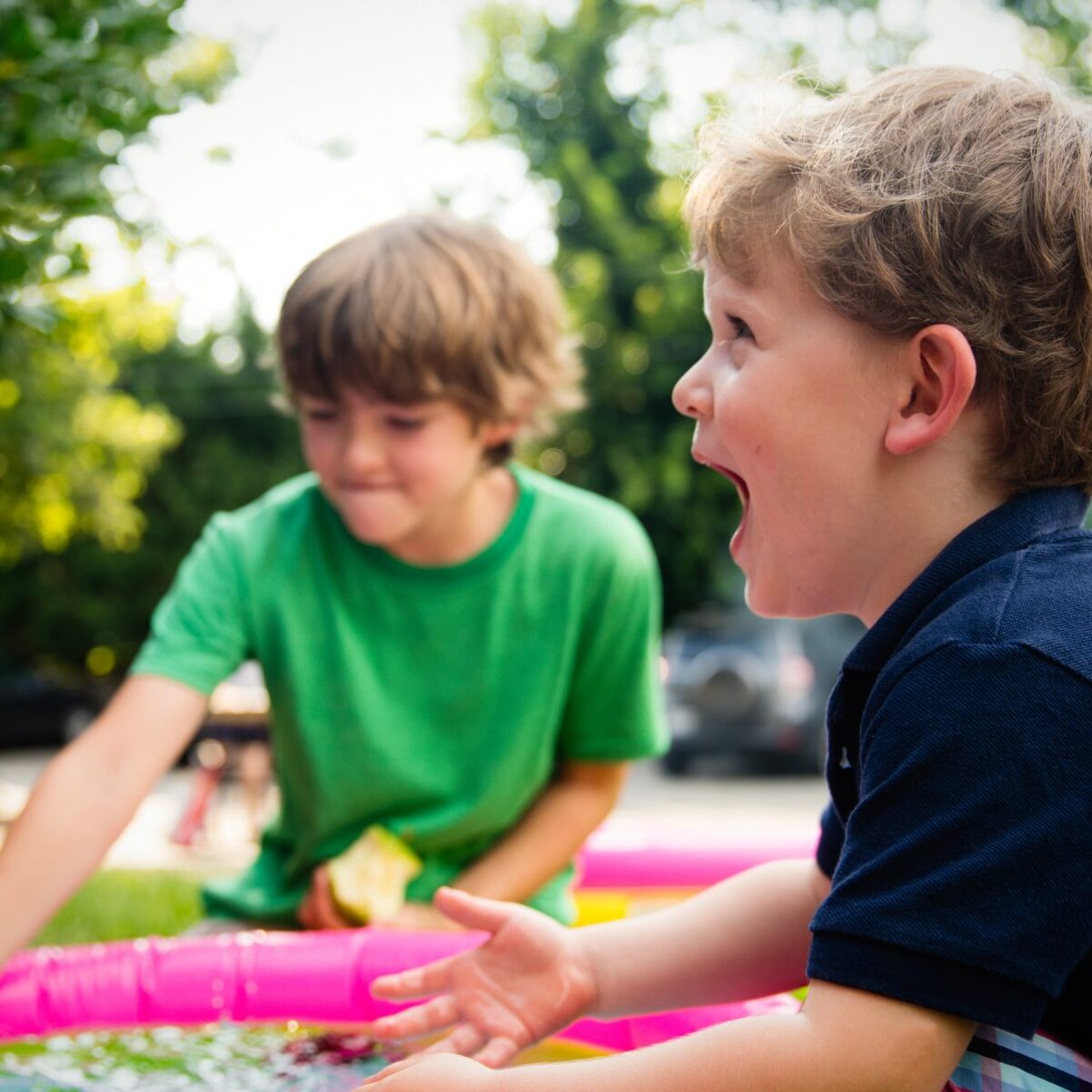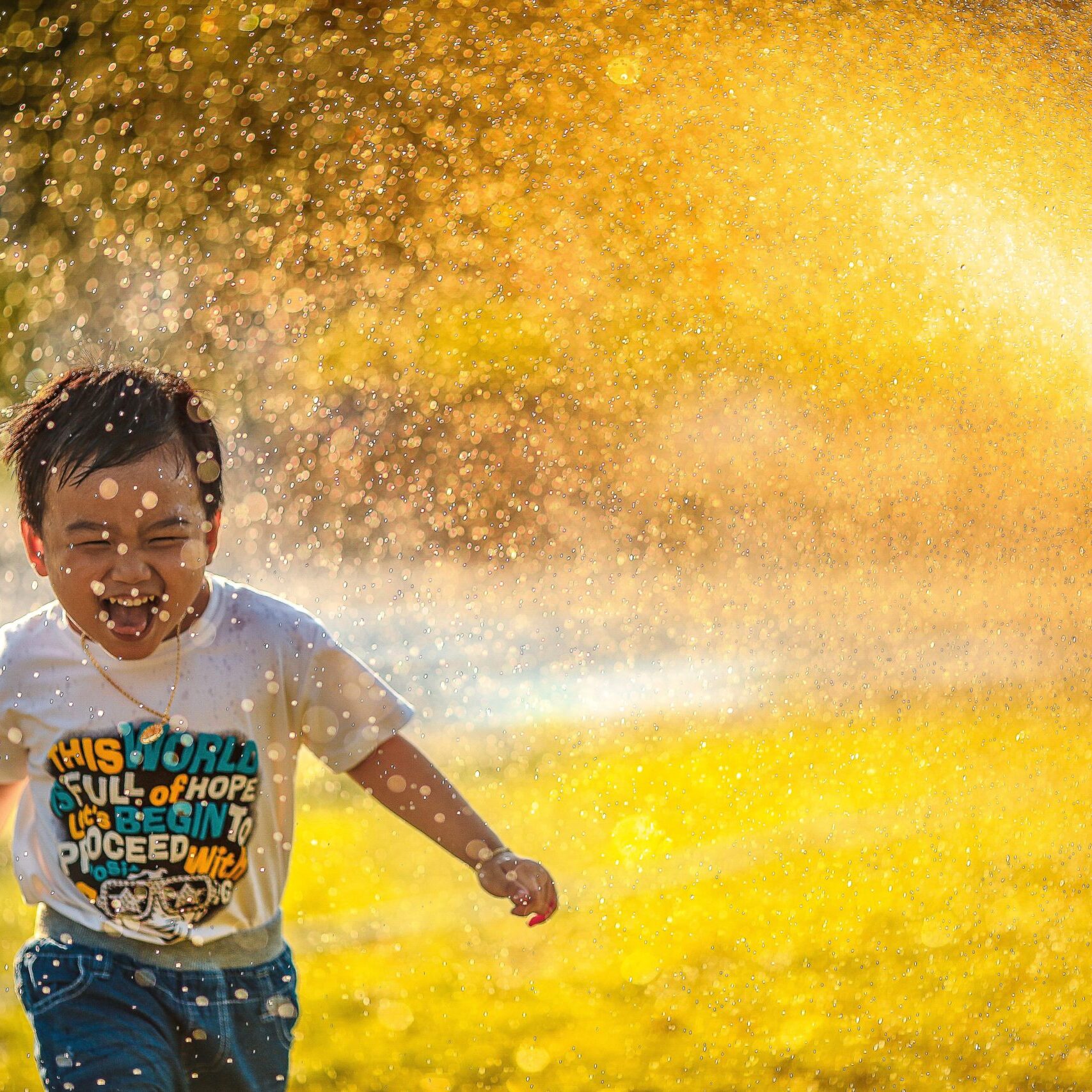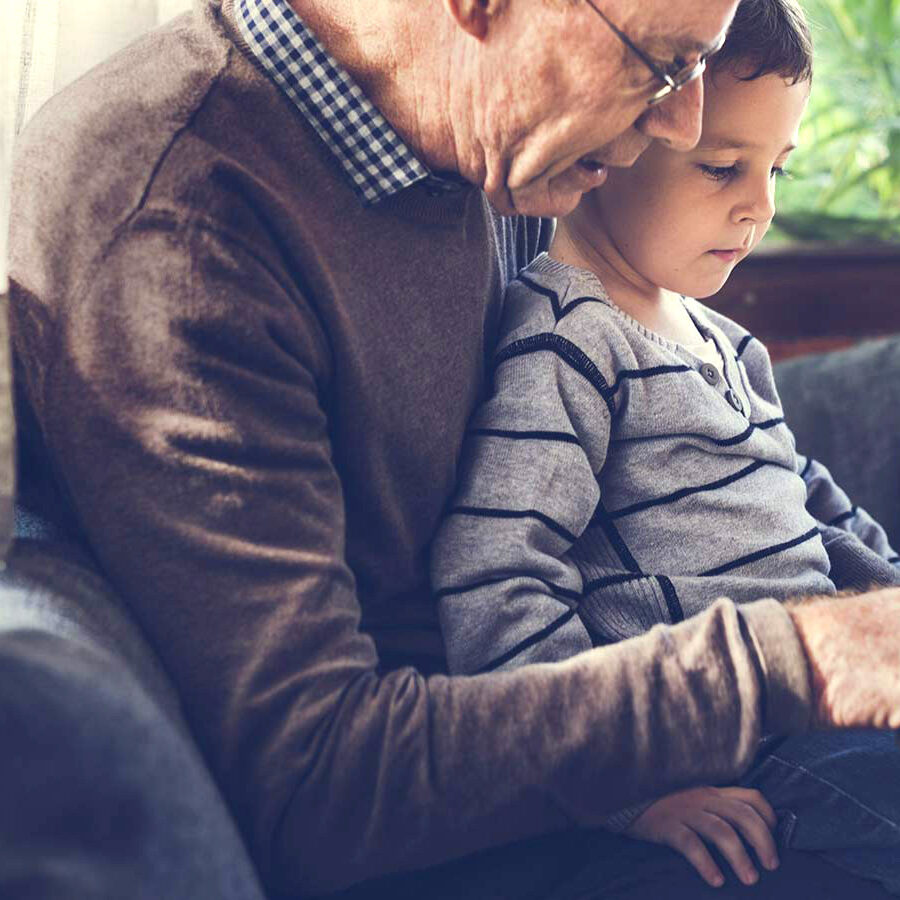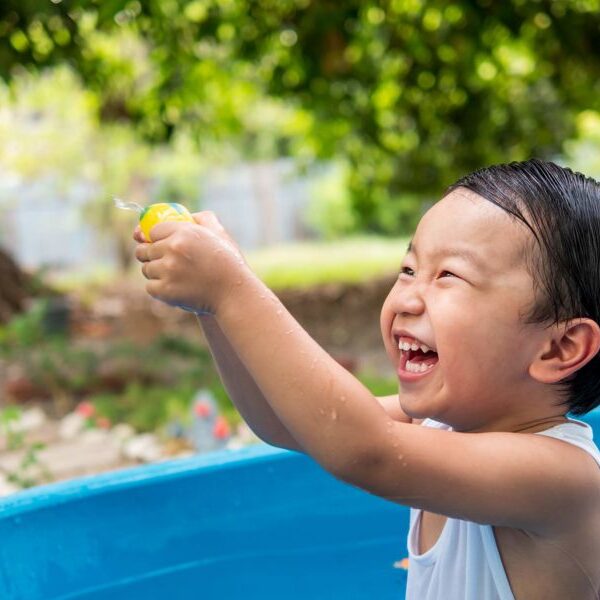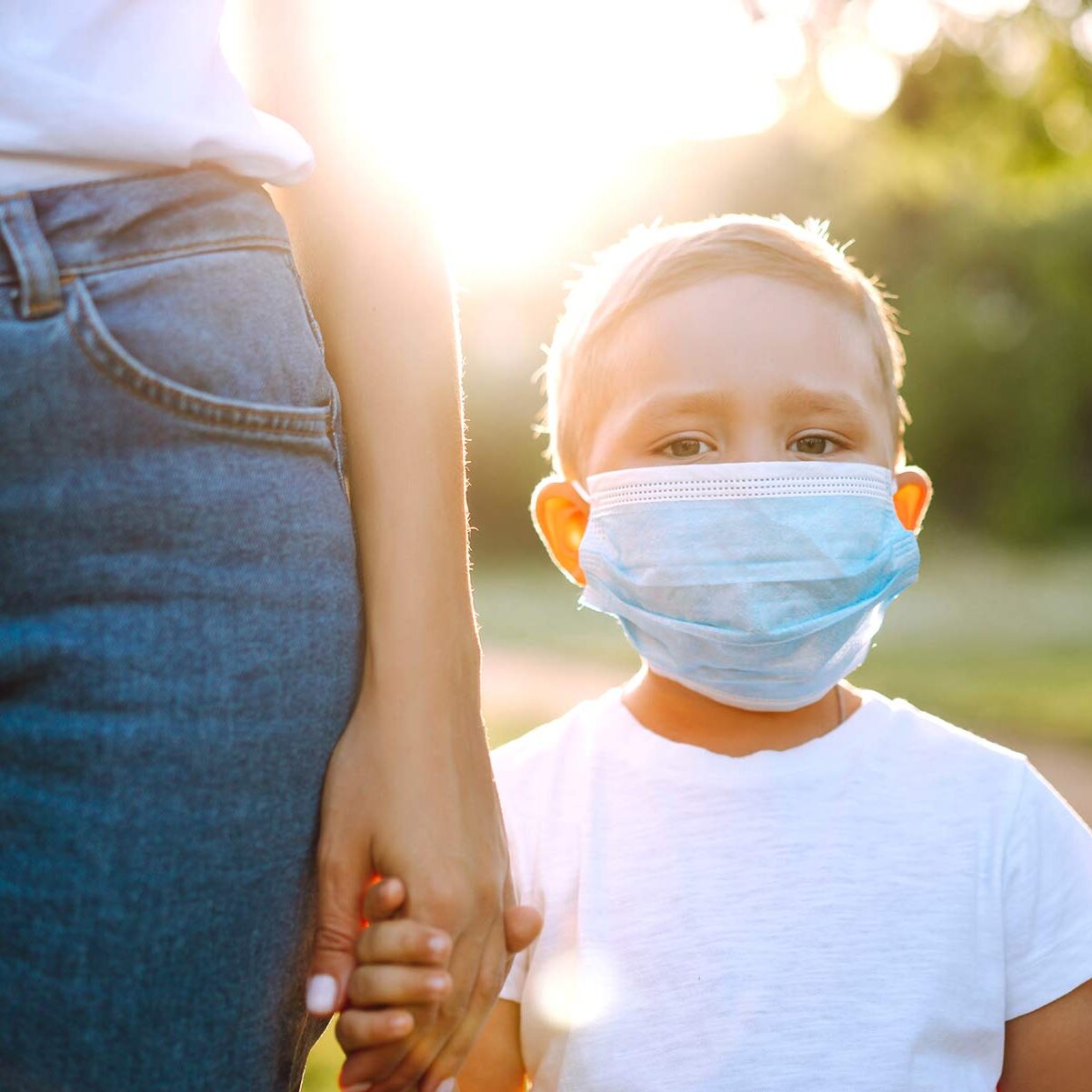
ABOUT THE AUTHOR
Cari Laws
OhioKAN Regional Director, Region 10
Cari has dedicated the last 14 years of her career to serving children, youth, and families in a variety of capacities within local government, for-profit, and nonprofit organizations. With more than a decade in various leadership roles, Cari has focused on everything from oversight and implementation of successful aftercare or treatment interventions for youth, to the development and management of clinical/administrative operations within behavioral healthcare. Cari is passionate about streamlining access to critical resources for families. She holds a Bachelor of Arts in Psychology from Wright State University and a Master of Science in Psychology from Walden University.
New kinship and adoptive families typically experience major changes in their daily lives and routines. Self-care is essential to establishing stability for the child or children in your care.
At the base level, self-care is “the act of attending to one’s physical or mental health, generally without medical or other professional consultation.” As parents and caregivers, we often struggle with taking time out for self-care due to feelings of guilt and selfishness. But how can we care for others if we are not in the best place possible as an individual? If we want to give all we possibly can to our children and loved ones, it is essential to refuel ourselves.
“Rest and self-care are so important. When you take time to replenish your spirit, it allows you to serve others from the overflow. You cannot serve from an empty vessel.” ~Eleanor Brownn
According to the National Institute of Mental Illness (NAMI), all self-care habits fall under the following six umbrella categories:
- Physical
- Psychological
- Emotional
- Spiritual
- Social
- Professional
There are many ways you can ensure your self-care needs are met, including but not limited to:
- Asking for help from other relatives or friends to allow personal time away
- Re-engaging in a hobby/activity that you once enjoyed or taking a class to learn something new
- Connecting with a support group or place of worship, whether in-person, online, via social media, etc.
- Exploring respite care opportunities
- Going for a walk/run or participating in other forms of exercise
- Having quiet time
- Writing in a journal
- Having a special night with a friend or significant other
- Participating in a family activity that brings you as well as the child/children a sense of fulfillment
- Establishing a set bedtime schedule for the child/children to allow for alone time each evening and the opportunity to recharge daily
It’s so important to remain self-aware of your individual needs if you wish to continue caring for others. An important component to self-care is finding activities that you personally connect with and that bring you a sense of relaxation. Self-care doesn’t have to be done alone, either. It can be practiced as a family unit, by including children and other loved ones in the process, so that they too learn ways of promoting their individual self-care.
Additional Resources
National Alliance on Mental Illness: Taking Care of Yourself
Headington Institute: Self Care and Lifestyle Balance Inventory
Kentucky Educational Collaborative for State Agency Children: The Big List of Self-Care Activities





